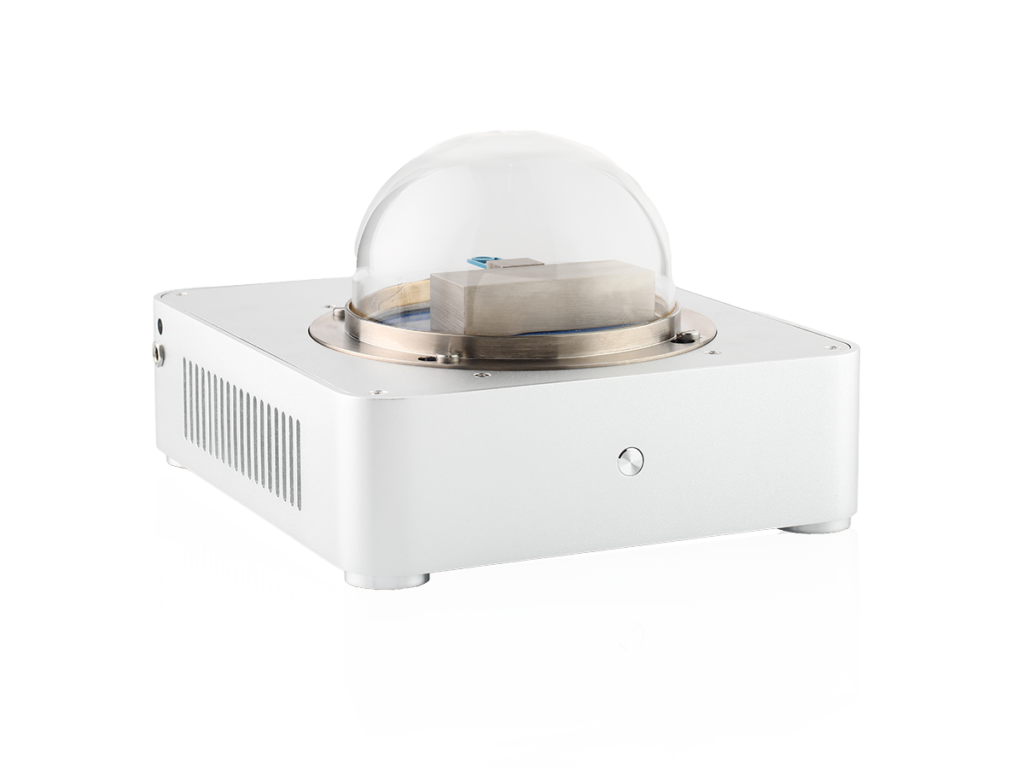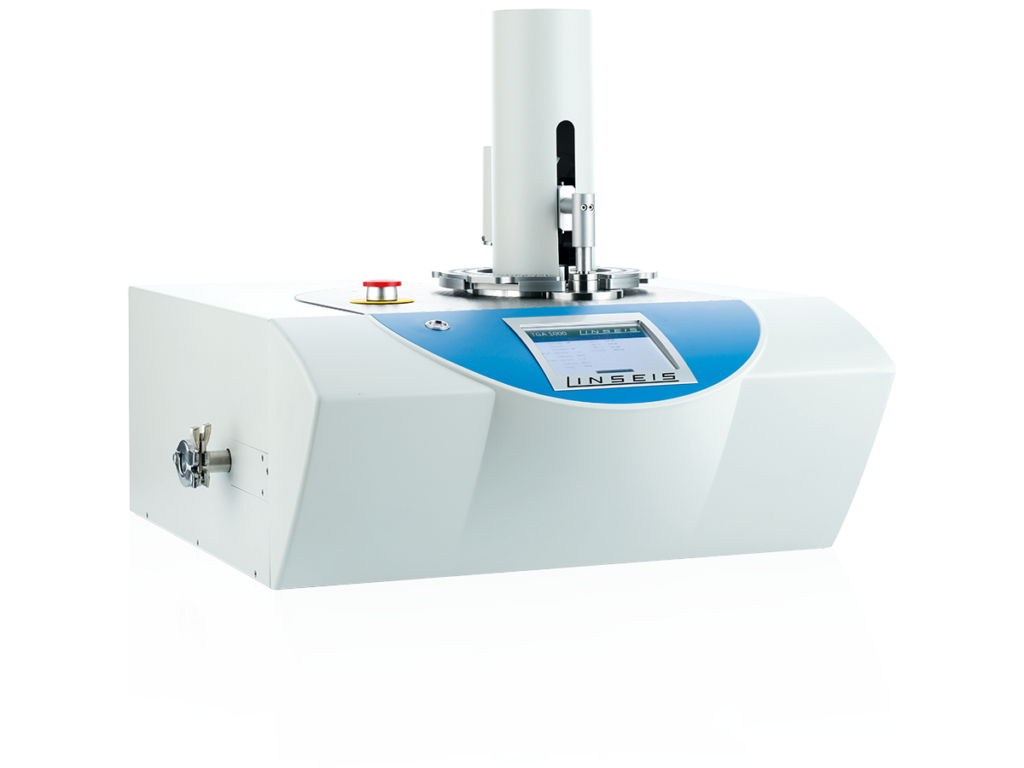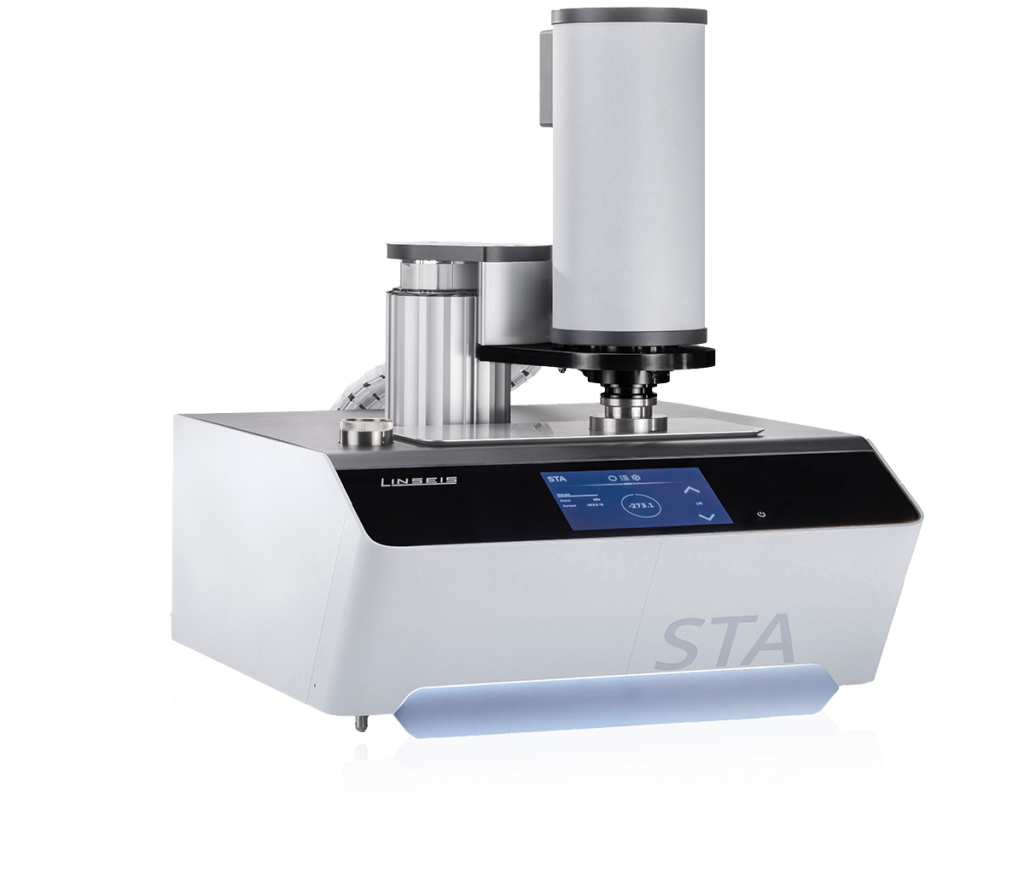Life Science in Thermal Analysis
A Focus on DSC, TGA, and STA
In the world of life sciences, precision and reliability are not just desirable, but absolutely necessary. Thermal analysis provides exactly that – a way to understand the properties of materials and substances with an accuracy essential for the development of pharmaceuticals, biotechnology, and related fields.
Three methods, in particular, are at the forefront:
Differential Scanning Calorimetry (DSC)
DSC is a technique that measures and analyzes the heat absorbed or released by a sample. In life sciences, this method is crucial for understanding protein folding and denaturation, lipid membrane phase transitions, and the stability of pharmaceuticals.
The ability to identify thermal events such as melting and glass transitions is invaluable for characterizing biomolecules and their interactions.
Thermogravimetric Analysis (TGA)
TGA measures the change in mass of a sample over time at a controlled temperature increase. This method is especially useful for determining loss on drying – a critical parameter in the quality control of many products.
Loss on drying provides information about the moisture content and the presence of volatile components in a sample, which can be crucial for the formulation and storage of pharmaceutical products.
Simultaneous Thermal Analysis (STA)
STA combines DSC and TGA in a single analysis process. This simultaneous measurement of heat and mass changes provides comprehensive insight into the behavior of materials under thermal stress. For scientists in life sciences, this means saving time and improving data quality as both properties are measured simultaneously.
Applications and Importance of Thermal Analysis in Life Science
- Protein Folding: Thermal analysis aids in the investigation of protein folding and denaturation. This is crucial for understanding their function and stability.
- Lipid Membrane Studies: Investigating phase transitions in lipid membranes and their interactions with proteins or drugs can be done through thermal analysis.
- Drug Development: By determining melting points and crystallization behavior of drugs, scientists can optimize their stability and solubility.
- Polymorphism: Thermal analysis can be used to identify different crystalline forms of a molecule, which is of great importance in the pharmaceutical industry.
- Enzyme Kinetics: Enzyme activity can be temperature-dependent. Thermal analysis can determine optimal conditions for enzymatic reactions.
- Binding Studies: Thermal analysis can provide insights into the binding energies and affinities between molecules, which is important for drug development.
- Material Testing: In regenerative medicine and tissue engineering, materials for implants and scaffolds can be tested with thermal analysis.
- Quality Control: In the pharmaceutical industry, thermal analysis is used for quality control to ensure consistency and quality of products.
- Study of Biomaterials: Investigating the thermal properties of biomaterials, such as hydrogels and biopolymers, is crucial for their application in medicine and biotechnology.
- Thermal Stability: Determining the thermal stability of biomolecules, especially in biotechnology, is crucial for storage and formulation.



